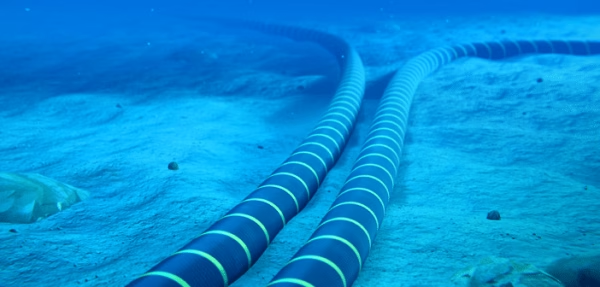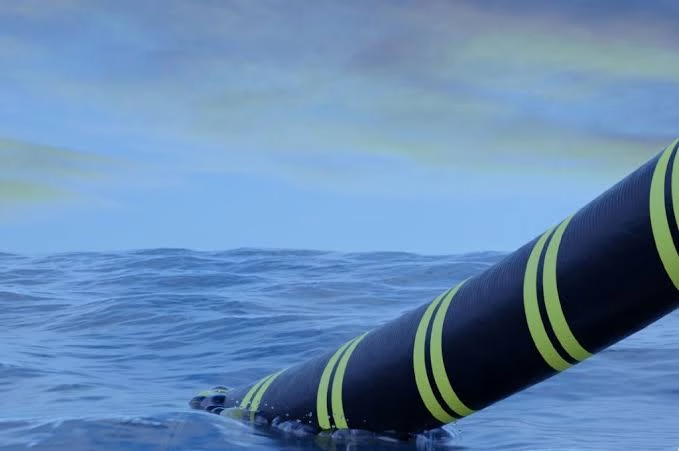The Morocco-UK Power Project was a proposed £24 billion ($33 billion) initiative aimed at supplying the United Kingdom with solar and wind power from Morocco through subsea cables. Promoted by the Xlinks consortium, the plan sought government backing through a 25-year Contract for Difference (CfD) power deal.
After nearly two years of waiting, the UK government decided not to support the project. Instead, it opted to prioritize domestic renewable energy sources when offering subsidised price guarantees.
Despite the setback, cross-border electricity projects are becoming increasingly common. Work on the $8.2 billion Italy-Tunisia-Algeria power link, known as the Medlink interconnection project, is progressing with construction scheduled to begin in 2027. Engineering design is complete, permitting is set to begin, and feasibility studies have been led by Italy-based CESI. The Medlink project will link the three nations and export clean electricity to Europe.
Morocco-UK Power Project Factsheet
Developer: Xlinks Ltd
Capacity: Proposed 11.5 GW of renewable energy
Battery storage: 22.5 GWh / 5 GW battery storage system to ensure consistent supply.
Location: Guelmim-Oued Noun region of Morocco, known for excellent solar and wind resources.
Cost: approximately $33 billion.
Interconnector cable:
- Type: High-Voltage Direct Current (HVDC) subsea cables.
- Capacity: 3.6 GW (two independent 1.8 GW circuits).
- Length: Approximately 4,000 km (2,500 miles), which would make it the world’s longest undersea power cable if built.
- Route: From landfall near Tan-Tan in southern Morocco to National Grid connection points at Alverdiscott near the north coast of Devon, England. The cable route will follow a shallow water path, passing through the territorial waters of Spain, Portugal, and France without direct electrical connections to those countries.
- Manufacturing: Xlinks proposed to manufacture the submarine power cables through a separately financed affiliate company, XLCC. The manufacturing site would be located in Hunterston, Scotland.
Also read: Xlink Pauses UK-Morocco Undersea Cable Construction
UK Refuses to Support the Project

“After careful consideration, we as the government of UK have decided not to support the Xlinks Morocco-UK power project,” a spokesperson for the Department for Energy Security and Net Zero (DESNZ) said. This confirmed a report published by Recharge earlier today.
The government’s move to snub Xlinks cable project after protracted talks with the company will come as a surprise to energy industry executives given the company’s pledge to deliver large quantities of power at a price that is approximately half of that to be generated by new nuclear power stations.
Xlinks, which is chaired by the former Tesco chief executive Sir Dave Lewis, had been looking forward to a 25-year contract agreement for difference with the Department for Energy Security and Net Zero (DESNZ), which would have guaranteed a price for the power generated by the project.
Also read: Xlinks Morocco-UK Power Project

Leave a Reply